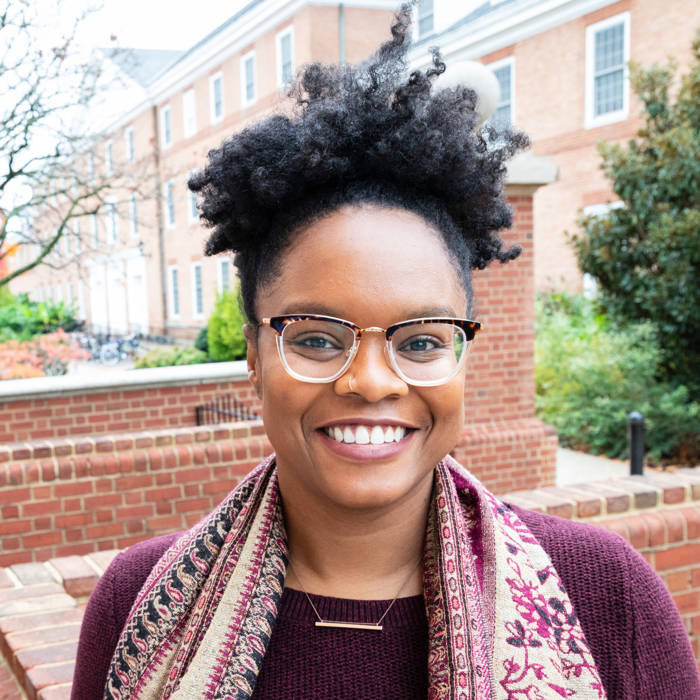Your Body Breathes! The Relationship Between The Body, Breathing And The Voice
Thursday 27th April 2023, 5:00 PM - 7:00 PM (London Time)
We all know that singing is deeply connected to our breathing and we all understand that good singing involves deliberate use of the breath, but there are many opinions on how these things intermingle. How does one know which is best or even which is useful?
We will look at the anatomy of the torso – including the ribs, the lungs and the alignment of the spine and we will examine the muscles of the ribcage (intercostals), the abdominals to understand how they function.
Beyond that, we must investigate the vocal fold movement involved in various kinds of singing because the vocal folds control the airflow and their action has a direct impact on how air is used and how we feel it in exhalation, in sighing and in singing – all different activities. And we will do them to see how that works.
Each body is unique. Everyone experiences their body in their own way. How can breathing be the same, under all circumstances and in all activities for everyone? Hint: it can’t! We will take a look at body types, physical conditioning and typical kinesthetic use in sports, dance and in daily activities. What do YOU experience?
All of this matters to those of us who teach or sing. Let’s investigate breathing and the body together!
Jeanie LoVetri
Jeannette LoVetri is a singing voice specialist in New York City who began teaching in 1971. She has taught throughout the USA, Europe, Australia...

Attend this course for as little as £22 as part of the Voice Professional Training CPD Award Scheme.
Learn MoreSorry, this is an archived short course...
We have plenty of upcoming short courses coming soon. See details of some of them below or look at the full list of short courses.

Tuesday 22nd July 2025
5:00 PM - 7:00 PM
Tuesday 29th July 2025
5:00 PM - 7:00 PM
Tuesday 5th August 2025
5:00 PM - 7:00 PM
Tuesday 12th August 2025
5:00 PM - 7:00 PM
Tuesday 19th August 2025
5:00 PM - 7:00 PM
Tuesday 26th August 2025
5:00 PM - 7:00 PM
(London Time)
Certificated Public Speaking Coach qualification - with John Henny

John Henny
Would you like to be a certified public speaking coach? Join the renowned John Henny for this exciting new online course! This six-week online certification course is designed to equip voice teachers with the specialised skills needed to work with public speakers, corporate trainers, educators, and presenters. Unlike a general public speaking course, this program is specifically tailored to train-the-trainer, giving voice professionals structured methodologies, coaching techniques, and applied skills to enhance vocal delivery, confidence, and influence in professional speakers.

Thursday 24th July 2025
5:00 PM - 6:00 PM
(London Time)
Transitioning From Soprano To Mezzo-Soprano - Pedagogical Approaches!

Dr Caitlin Moore
This workshop will explore the considerations for transitioning from soprano to mezzo-soprano. We will examine the history and vocal science related to voice classification as well as interviews with singers and voice teachers. Interviews feature singers who have experienced this Fach change themselves, as well as voice teachers who have helped singers navigate this shift.


Tuesday 29th July 2025
5:00 PM - 7:00 PM
(London Time)
Towards a Jazz Pedagogy: Lessons from Legends and Educators!

Dr Autumn Griffin
Join Dr Autumn Griffin as she explores the foundational tenets of jazz pedagogy as both a conceptual and practical framework for teaching, in this two-hour workshop. Drawing from her research in “Towards a Jazz Pedagogy: Learning with and from Jazz Greats and Great Educators,” she’ll investigate how jazz (its historical and cultural legacy, structure, improvisation, and relationality) can be mobilized to inform dynamic, liberatory educational practice!
